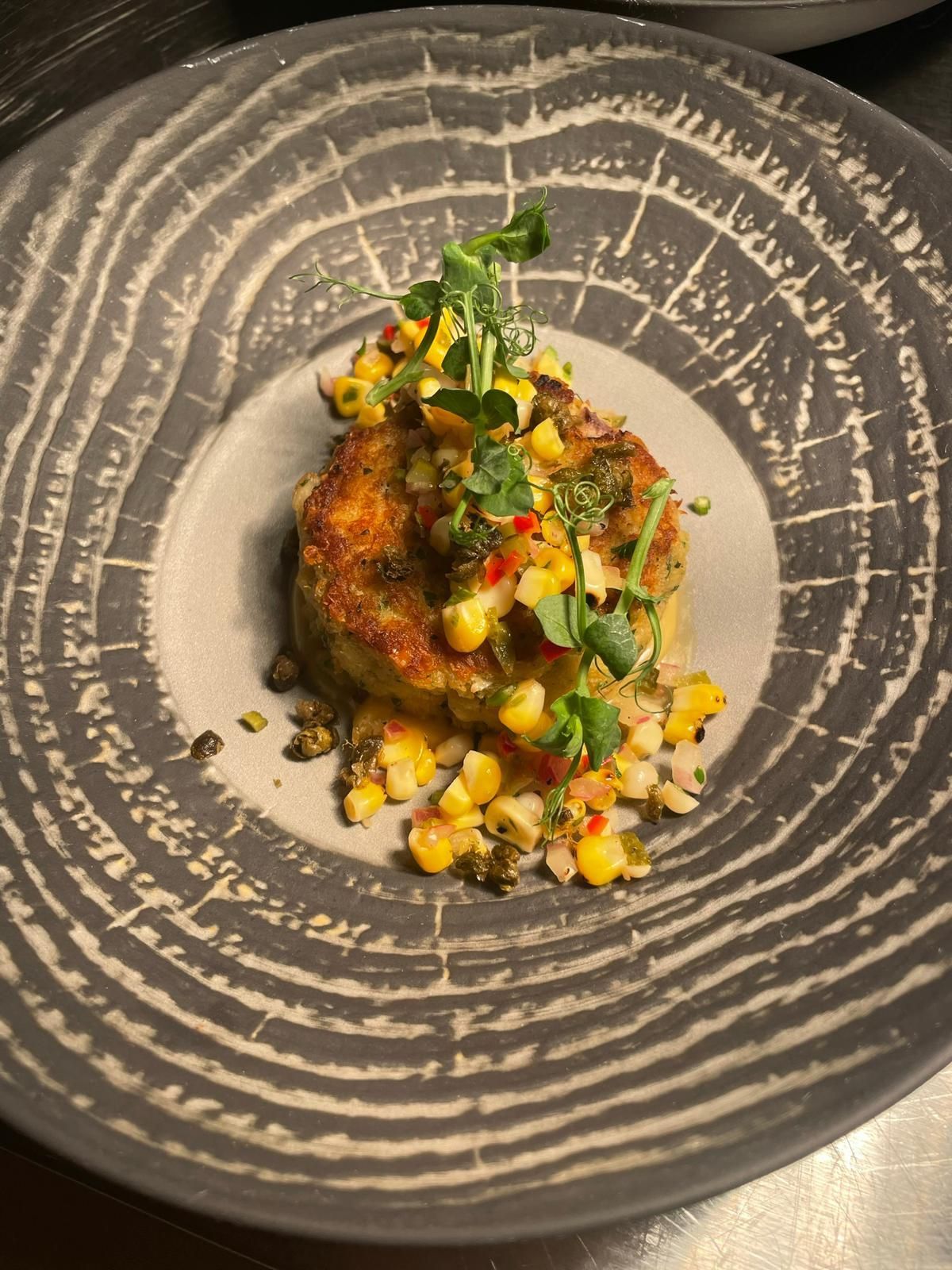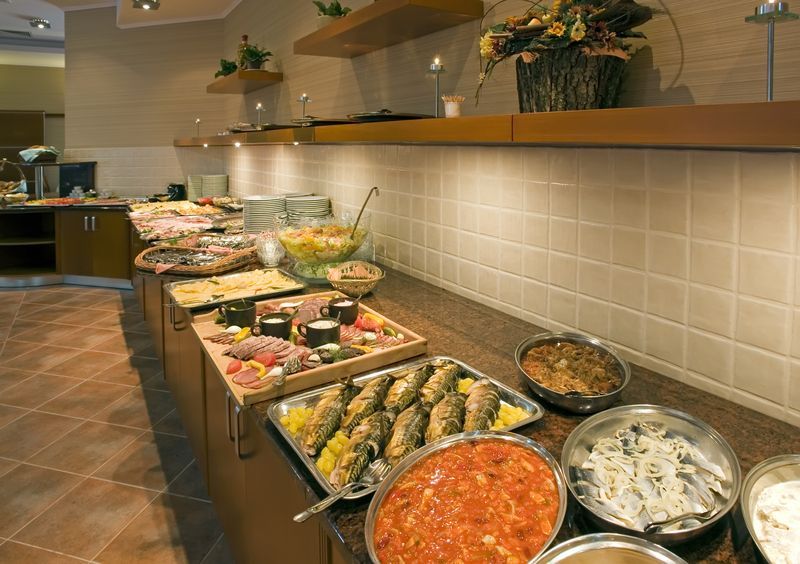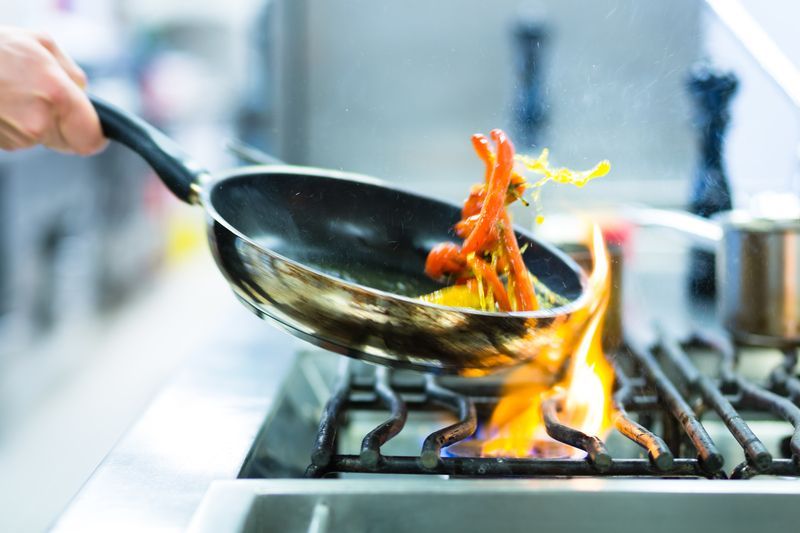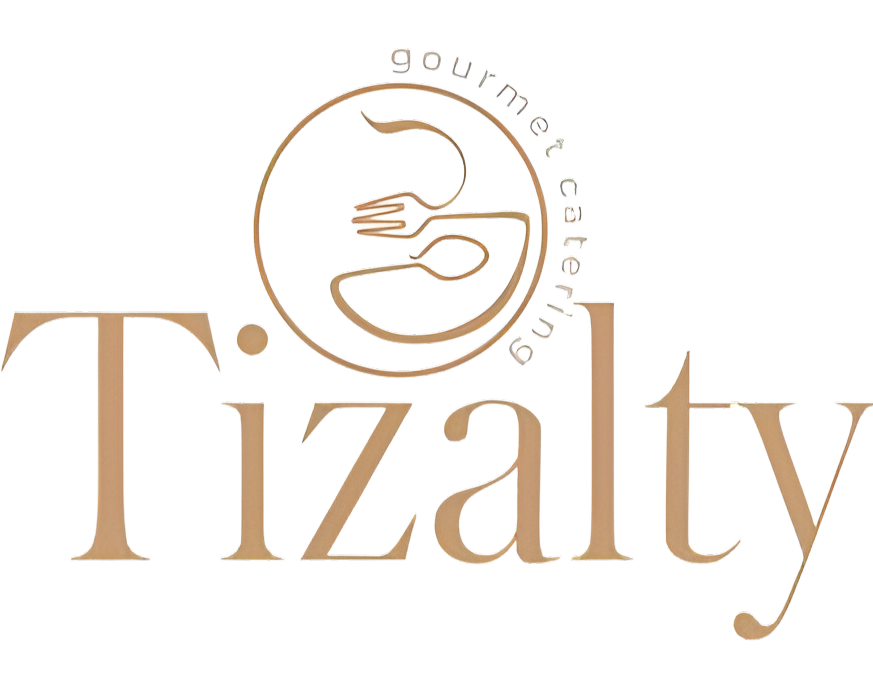Essential Steps to Plan a Perfect Catered Event
When it comes to planning a flawless catered event, there are essential steps that organizers must take to ensure its success. From selecting a suitable venue to choosing the perfect menu, every detail plays a crucial role in creating an enjoyable experience for guests. By following these essential steps and paying attention to the needs and preferences of attendees, organizers can orchestrate an event that leaves a lasting impression.
Understanding the Scope and Theme of Your Event
Organizing a successful catered event starts with a clear understanding of the event's scope and theme. The kind of event you're planning, whether it's a corporate meeting, wedding, or casual social gathering, significantly influences the catering needs and overall atmosphere. Each event type comes with its own set of expectations and planning requirements, hence identifying this early on is crucial.
After identifying the event type, deciding on the theme or style is the next step. This could range from formal, elegant dinners to relaxed beachside barbecues. The theme not only sets the tone for the event but also influences menu choices, decoration, and even the dress code. For instance, a corporate event may call for a more sophisticated and streamlined menu, while a wedding might lean towards a more elaborate and personalized dining experience.
Estimating the guest count
accurately is paramount for catering needs. It affects everything from the amount of food and number of servings needed to the size of the venue and layout of the event space. A precise guest count ensures that there is enough food for everyone without excessive wastage. For larger events, consider having a slightly flexible count as RSVPs and attendance can vary. Catering services, like Tizalty, offer consultations to help plan according to your estimated guest count, making adjustments as necessary to accommodate last-minute changes.
In Florida, where outdoor events take advantage of the state's warm climate, understanding these elements becomes even more significant. From a beach wedding to a corporate retreat in a lush garden, the settings demand different logistical arrangements, themes, and consequently, catering setups. Partnering with caterers who have local expertise and can navigate the unique challenges and opportunities of your chosen setting can make a significant difference.
A well-planned event starts with a comprehensive understanding of its scope and theme. Knowing whether you're organizing a corporate function, wedding, or any other social gathering helps tailor the catering and event details accordingly. Coupled with an accurate guest estimate and an appropriate theme, these elements lay the groundwork for a memorable and smoothly run event.
Venue Selection and Layout
Choosing the right venue is crucial for the success of your catered event. Whether you opt for an indoor hall or an outdoor garden, each setting requires different considerations. For indoor venues, assess the available kitchen facilities and ensure there's ample space for caterers to prepare and serve food efficiently. Outdoor events, while offering a beautiful backdrop, often demand additional logistics, such as portable kitchens and weather contingency plans.
The layout of the venue also plays a vital role in the event's flow. Dining areas, buffet lines, and food stations should be strategically placed to allow easy access for guests while minimizing congestion. For a large guest list, consider multiple food stations to ensure everyone is served without long wait times. An experienced catering service can offer valuable insights into the optimal layout, ensuring a smooth dining experience for all attendees.
Crafting a Custom Menu
Collaborating with chefs or catering services to design a bespoke menu elevates the overall event experience. Incorporating local and seasonal ingredients not only supports local businesses but also provides guests with a unique and memorable dining experience. Menus should reflect the event's theme and the host's taste, creating a cohesive and engaging atmosphere.
The importance of tasting sessions cannot be overstated. They allow you to sample the proposed dishes, ensuring the flavors meet your expectations and adjust as needed. These sessions are also an opportune time to finalize presentation details, ensuring the food's appearance is as impressive as its taste.
Addressing Dietary Restrictions and Preferences
In today's diverse culinary landscape, accommodating guests' dietary restrictions and preferences is paramount. Collecting this information in advance allows caterers to prepare suitable alternatives and ensures no guest is left out. Offering a range of dishes, including vegetarian, vegan, gluten-free, and allergen-free options, ensures everyone can enjoy the meal.
Labeling food appropriately at the event is essential to avoid confusion and help guests make informed choices. Clear indicators for vegetarian, vegan, or nut-free dishes, for example, ensure guests can navigate the menu with ease and safety.
Careful planning around venue selection, menu customization, and dietary considerations forms the backbone of a successful catered event. These elements, combined with the insights from the first part of our planning guide, lay the foundation for an unforgettable experience for you and your guests.
Planning your catered event doesn't need to be a daunting task.
At Tizalty, we pride ourselves on providing seamless catering services tailored to your specific needs.







